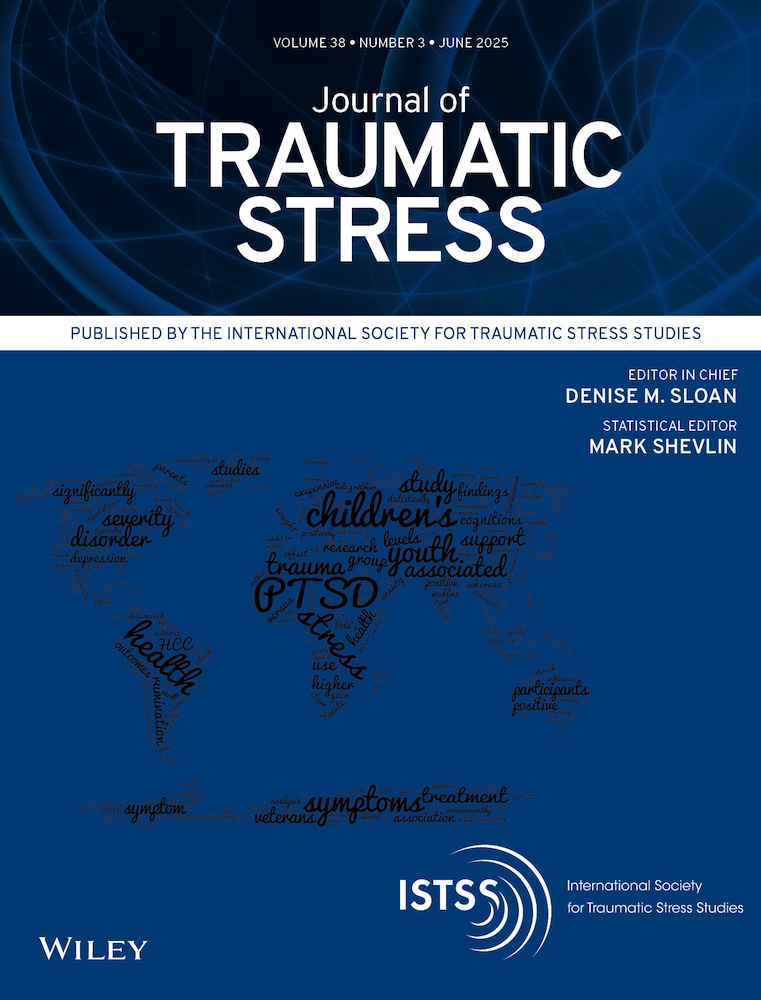Relations between coercive strategies and MMPI-2 scale elevations among women survivors of childhood sexual abuse
Abstract
The relationship between coercion strategies used by perpetrators of childhood sexual abuse (CSA) and elevations of CSA survivors on the Minnesota Multiphasic Personality inventory-2 (MMPI-2) was investigated. Participants were 151 women survivors of CSA in outpatient treatment at a university-based community mental health center. Scores on the MMPI-2 clinical scales and the Keane posttraumatic stress disorder (PTSD) scale were examined. Main effects were found for promised or received rewards on several clinical scales and the PTSD scale of the MMPI-2, independent of the presence of force. Specifically, the presence of such rewards was associated with significantly higher levels of symptomatology on Paranoia (Pa), Psychasthenia (Pt), Schizophrenia (Sc), and PTSD (Pk). There were no main or interaction effects noted for the presence of actual or threatened force on any of the scales.




